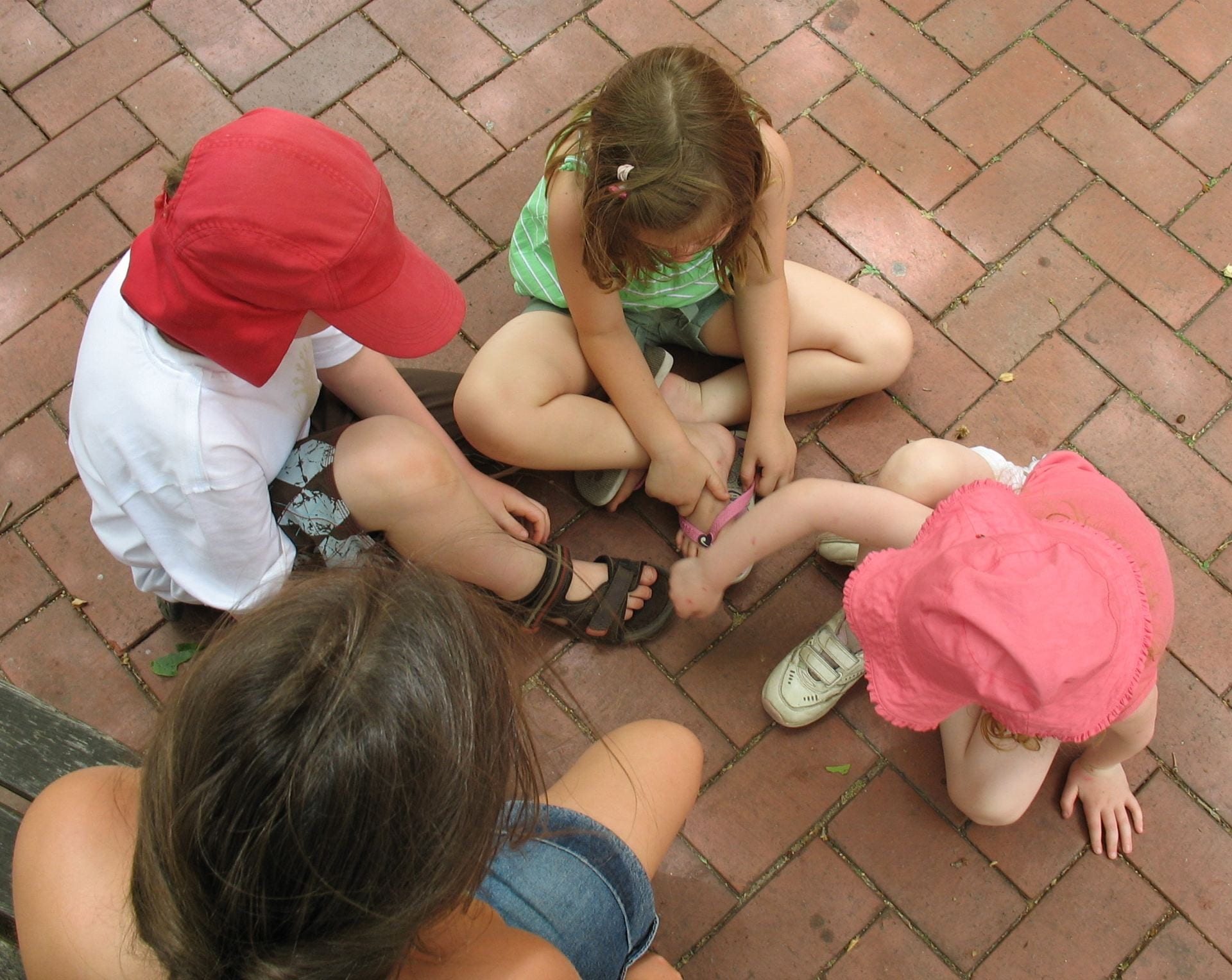Practise the Conjugation of Two Super Verbs in German Sentences
In this quiz, each sentence has a missing verb.
Choose haben (to have) or sein (to be) and conjugate it. The translations will help you to choose the right verb.
Conjugation of haben - to have
ich habe - I have
du hast - you have
er/sie/es hat - he/she/it has
wir haben - we have
ihr habt - you have
sie haben - they have
Conjugation of sein - to be
ich bin - I am
du bist - you are
er/sie/es ist - he/she/it is
wir sind - we are
ihr seid - you are (plural, informal)
sie sind - they are
SENTENCES
Each sentence is missing one conjugated verb. Pay particular attention to the colour coding. The plural nouns are coloured brown to alert you: they will require the conjugation matching they or sie.
masculine • feminine • neuter • plural
1 Der Junge sportlich. - The boy is athletic.
2 Ich ein Handy. - I have a mobile.
3 Das Mädchen einen Teddy. - The girl has a teddy.
4 Die Lehrerin sehr nett. - The teacher is very nice.
5 Das Mädchen ein Buch. - The girl has a book.
6 ihr eine kleine Schwester? - Do you have a little sister? (question is addressed to 2 or more people)
7 du einen Bruder? - Do you have a brother?
8 Das Baby sehr müde. - The baby is very tired.
9 Mein Großvater sehr alt. - My grandfather is very old.
10 Leider ich nicht viel Geld. - Unfortunately I don't have a lot of money.
11 Die Eltern ein Kind. - The parents have a child.
12 Die Kinder glücklich. - The children are happy.
13 Die Häuser bunt. - The houses are colourful.
14 ihr müde? - Are you tired? (to two or more familiars or children)
15 Die Kinder eine Schuluniform.
Die Kinder haben Spaß.
The children are having fun.
